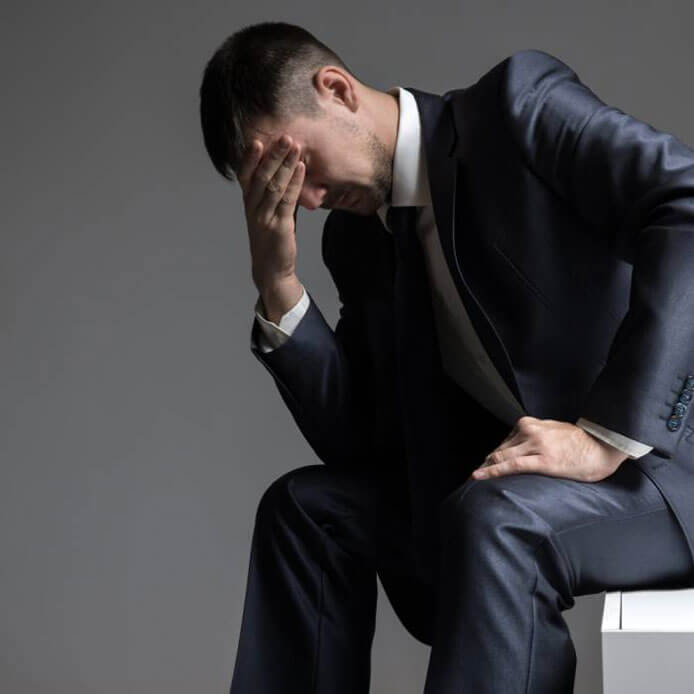A UC-Berkeley graduate student surprised experts in criminology with a new study, finding the private prisons are filled with young people of color. The racial disparities concept of prisoners in jail is nothing new. A sentencing project says about 1 in 3 black men will spend time behind bars during their lifetime. Compared to 1 in 6 is Latino and 1 in 17 is white.
Marijuana possession arrest rates are four times as high for black Americans as for white. Black prisoners spend 20 percent longer incarcerated in federal prison than white prisoners for the same crime. Thousands of reports have portrayed the criminal justice system, as a system that disproportionately incarcerates black Americans and people of color.
Christopher Petrella, a sociology PH.D. student’s findings in “The Color of Corporate Correction,” however, faces many hurdles. Petrella found that people of color” are further overrepresented in private prisons contracted by departments of correction in Arizona, California and Texas.”
That could mean, the racial disparities in private prisons, housing state inmates are bigger than in publicly run prisons. The paper Petrella wrote, sets out to explain why.
As of 2010, private prisons house 128,195 inmates on behalf of the federal government and state governments. Legislators and administrators continue to debate as to cost efficiency.
Petrella examined private facilities in nine states that housed higher percentages of people of color than public facilities did. He discovered the reason for racial disparity: private prisons deliberately exclude people with higher medical care costs from their contracts. States like California, Arizona and Texas use government operated prisons and private companies like GEO or Corrections Corp.
Since the war on drugs, Petrella found that younger, healthier inmates that have come into the system are disproportionately people of color. The older inmates, who generally come with many health problems, skew more white.
Senior director of public affairs for Corrections Corp. of America, Steve Owens says, one of the largest private prison companies in the nation, calls the study “deeply flawed.” In an email, Owens says, “CCA’s government partners determine which inmates are sent to our facilities; our company has no role in their selection.”
He added ” the contracts we have with our government partners are mutually agreed upon, and as the customer, our government partners have significant leverage provisions.” It’s up to the contracting agency, he says, to decide how it wants to distribute inmates and manage health care costs.
Associate professor of constitutional law at John Jay College of Criminal Justice and former civil rights attorney, Gloria Browne- Marshall says, it’s a “very interesting” study. “What i take away from it is how prisoners are looked at as commodities,” she says. “It’s all about how the private prisons can make the most money.”
Petrella says he used data compiled by state correctional departments, which are divided by census-designated categories and included African-Americans, Asian-Americans and Pacific Islanders, nonwhite Hispanics and Latinos, and essentially anyone except those defined by the census as white. “I know these categories are fungible, but this is the data we have to work with,” Petrella says.
Browne-Marshall pointed out that Petrella’afindings don’t necessarily point to a racial motivation on behalf of private prison companies. Agreeing, Petrella stated that “the study shows that policies that omit race continue to have negative impacts, There’s a larger dialogue to be had about what contemporary racial discrimination actually looks like.
The director of the Chief Justice Earl Warren Institute, at the University of California, Berkeley, Barry Krisberg says the findings surprise him. “I had assumed private prisons were taking a lot of low-risk inmates.” He added “if you went to a private prison, you’d find a lot of old, Anglo prisoners. That’s not the case.”
Image credit: Buzz-master.com

















































